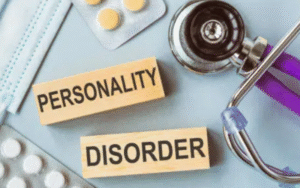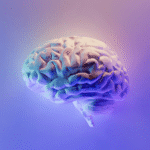Understanding Working Memory: The Brain’s Mental Workspace
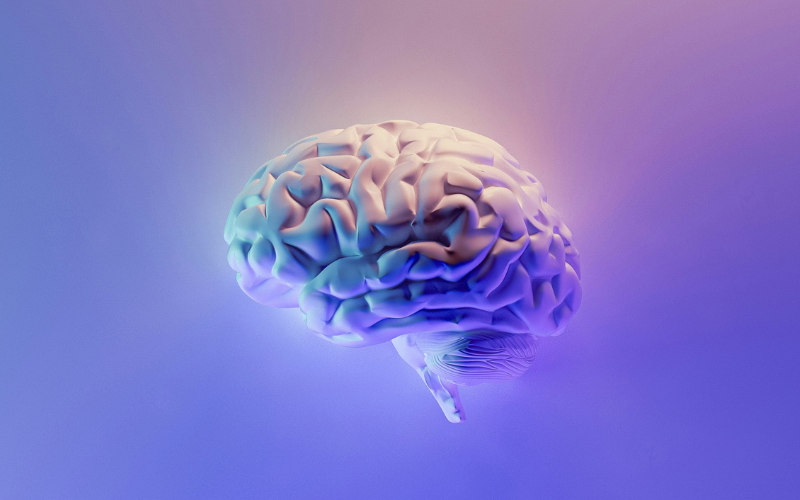
Working memory is one of the most vital components of human mind – a mental workspace that allows us to store, process, and use information in real time. Whether you’re solving a math problem, remembering directions, or engaging in conversation, working memory is constantly at play.
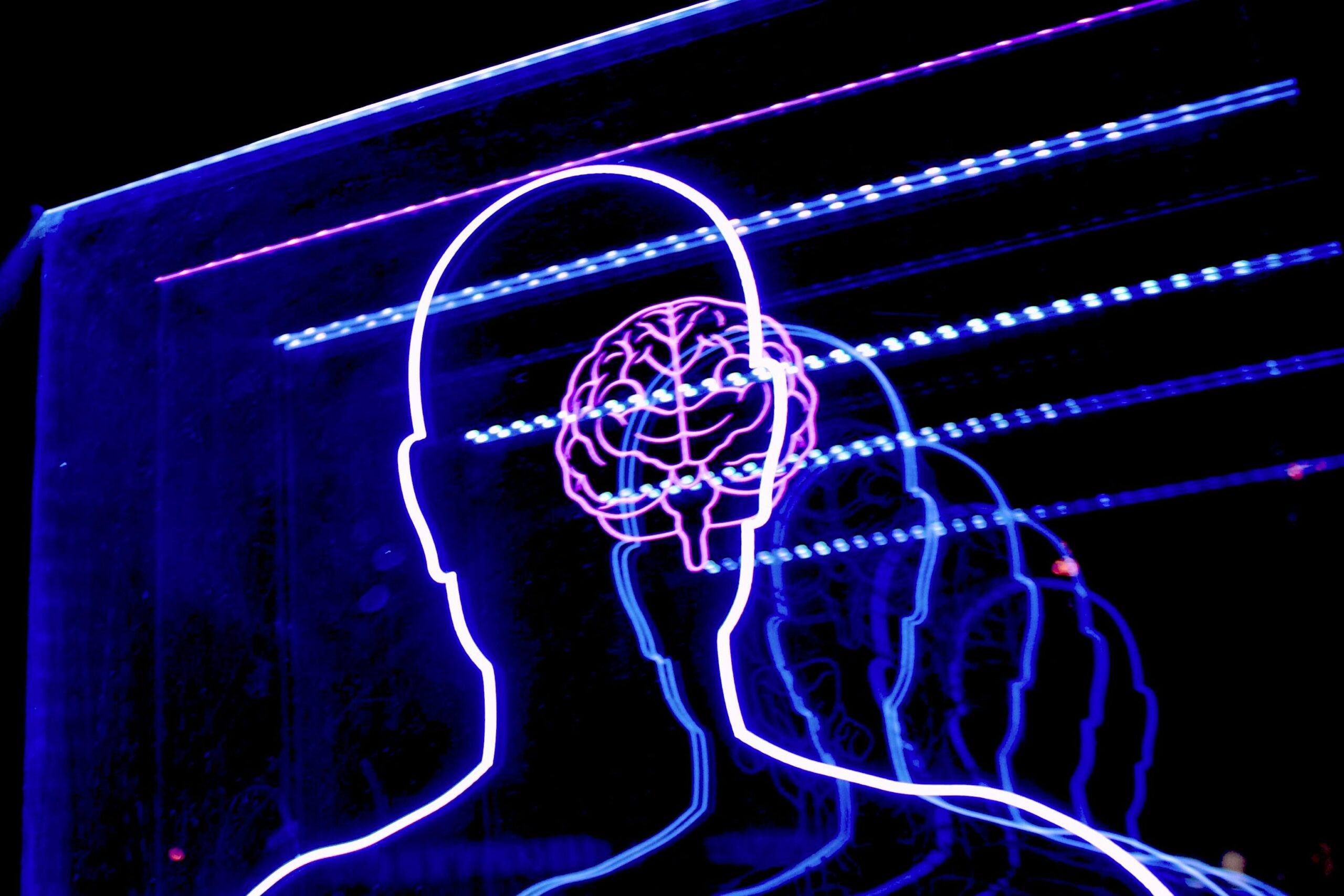
What Is Working Memory?
Working memory refers to the ability to temporarily hold and manipulate information for immediate use. It helps us think critically, make decisions, and perform complex mental tasks. Essentially, it’s the “mental notepad” that keeps important details available for quick recall and action (Baddeley & Hitch, 1974).
Capacity and Influencing Factors
Working memory capacity refers to how much information an individual can hold and process at one time (Baddeley, 2000). This capacity varies among individuals and can be influenced by several factors:
- Age: Working memory typically increases during childhood and adolescence but may decline with age (Baddeley, 2000).
- Cognitive Load: Complex or multitasking environments can reduce efficiency by overloading the system (Atkinson & Shiffrin, 1968).
- Individual Differences: Genetics, attentional control, and learning strategies also affect how efficiently people use their working memory (Miller et al., 1960).
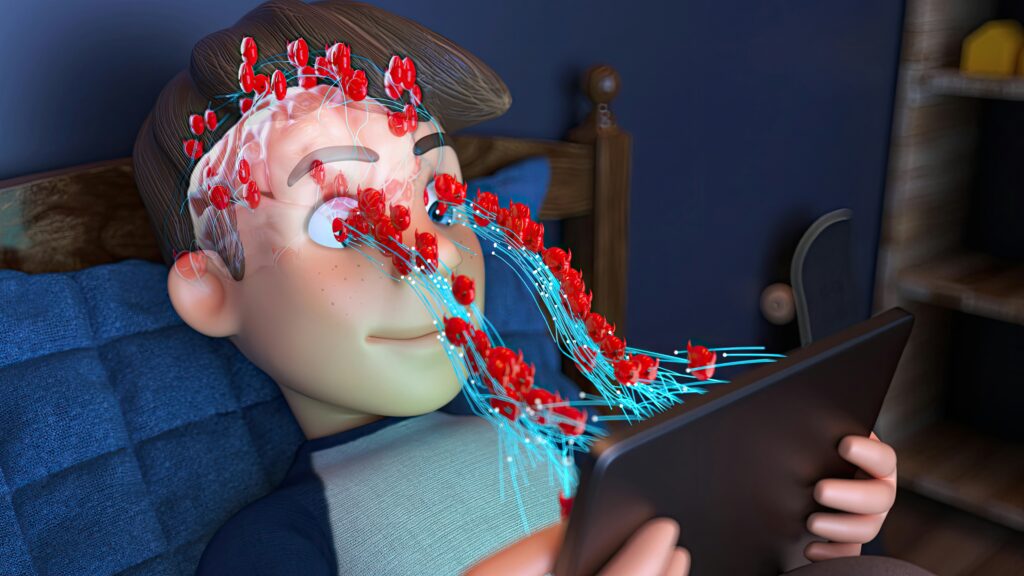
Strategies to Enhance Working Memory
Several practical methods can help strengthen working memory performance:
- Mnemonic Devices: Using acronyms, rhymes, or visualization techniques aids in information retention (Atkinson & Shiffrin, 1968).
- Chunking: Grouping information into meaningful clusters can reduce mental load (Miller et al., 1960).
- Cognitive Exercises: Regularly engaging in puzzles, memory games, and brain-training tasks helps improve capacity (Baddeley, 2000).
- Minimize Distractions: Focusing attention and reducing interference enhances information processing (Baddeley & Hitch, 1974).
- Healthy Lifestyle: Sufficient sleep, a balanced diet, and regular exercise contribute to optimal brain function (Baddeley, 2000).
Why It Matters
Understanding working memory is essential for students, educators, and anyone looking to improve learning and focus. It influences academic success, problem-solving, and even emotional regulation. Strengthening this mental system not only enhances memory but also sharpens reasoning and creativity (Baddeley, 2000).
Follow The Buzz Nepal for more insightful contents.
Also Read
Two Epic Bands, One Unforgettable Experience: The Badal Sari Ticket Pack!
Miss Nepal Earth 2025 Sony Ghale Wins Gold in Talent Round at Miss Earth
Why You Should Start Your Morning with a Banana (or Two)?
What Makes Anmol KC’s “Jerry on Top” Different from His Usual Roles?



